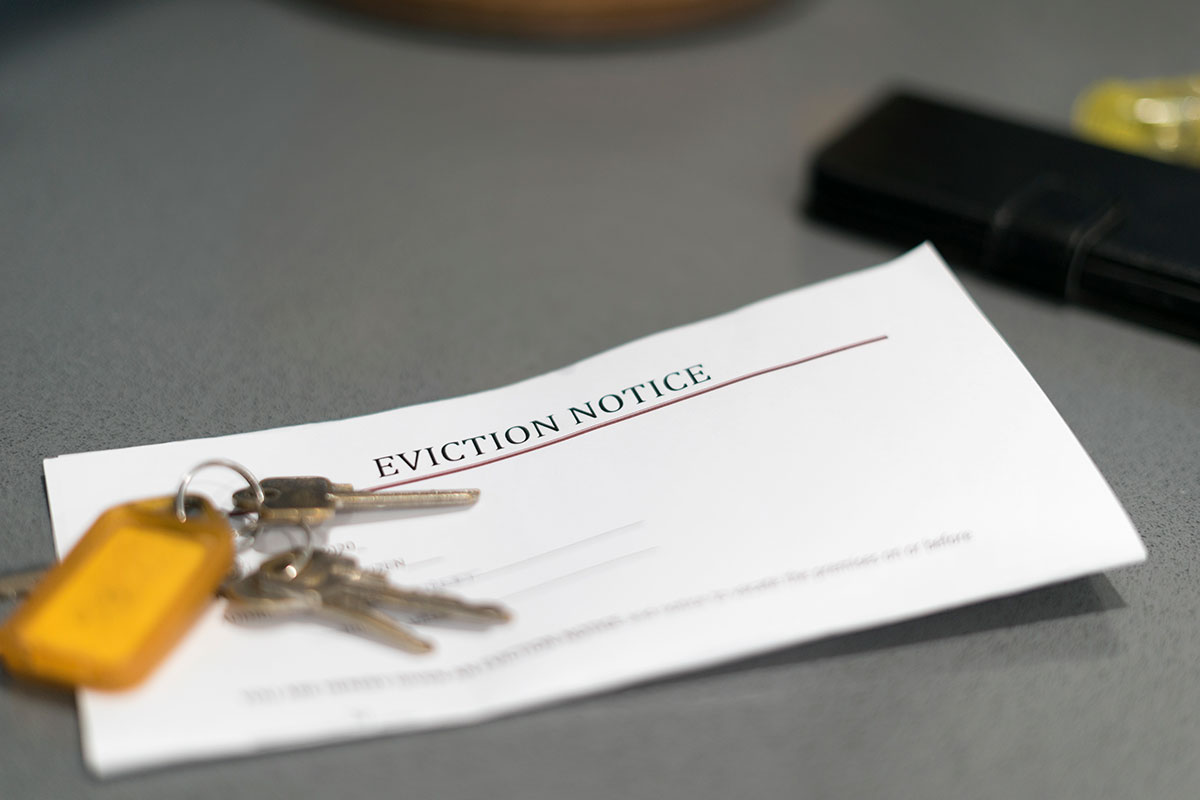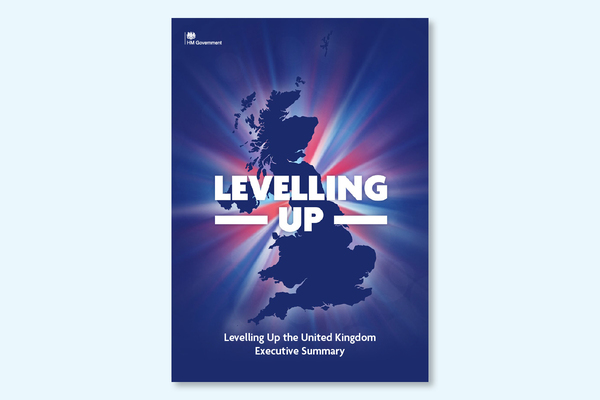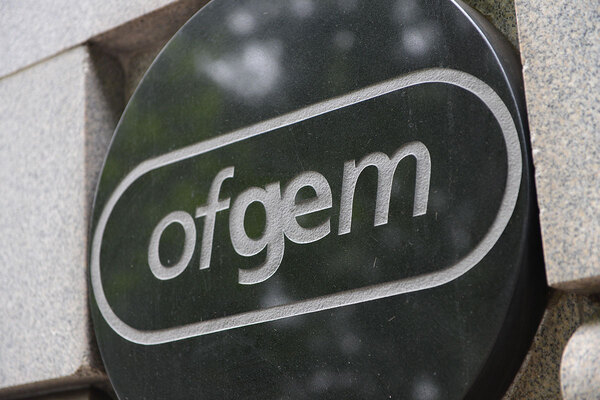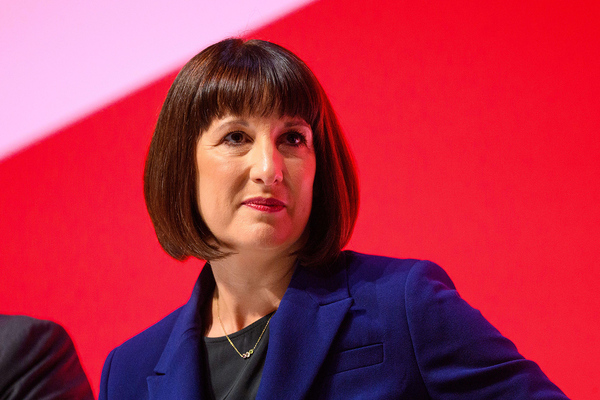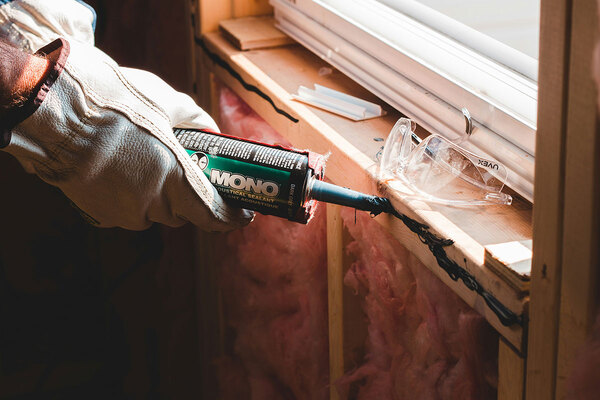You are viewing 1 of your 1 free articles
‘No-fault’ evictions set to be abolished under Levelling Up White Paper plans
Section 21 ‘no-fault’ evictions are set to be banned in the private rented sector (PRS) as part of the government’s long-awaited plans to ‘level up’ the country.
The move was officially revealed ahead of the full release of the Levelling Up White Paper today, which aims to balance prosperity across the country by investing in poorer areas, and means private landlords will no longer be able to evict tenants for no reason.
There are also plans for a number of other changes for private renters, including a requirement that all homes in the PRS meet the Decent Homes Standard; potentially introducing a landlords register; and cracking down on rogue landlords, “making sure fines and bans stop repeat offenders leaving renters in terrible conditions”.
Former prime minister Theresa May announced plans to ban Section 21 evictions, also known as ‘no-fault’ evictions, in April 2019.
Under current Section 21 eviction laws, landlords can give tenants as little as eight weeks’ notice to leave a property after a fixed-term contract ends.
The new legislation would create open-ended tenancies, with landlords being required to provide a “concrete, evidenced reason” for bringing the tenancy to an end.
Ms May said at the time that “everyone had the right to feel secure in their home”, and that the new steps would “protect tenants from unethical behaviour”.
A Rental Reform White Paper, which was due to be published in autumn 2021, was delayed to give ministers more time to consult with the sector and take into account the National Audit Office’s review of regulation of the PRS.
Calls were repeatedly made during the COVID-19 crisis for the government to bring forward the ban on Section 21 evictions as it was feared that they could be used against people who had fallen into arrears due to pandemic-related pressures.
Housing secretary Michael Gove is set to unveil the full levelling-up strategy and document in parliament later today.
Sign up for our tenancy management newsletter
Already have an account? Click here to manage your newsletters
